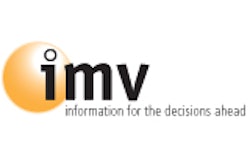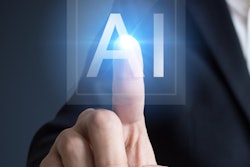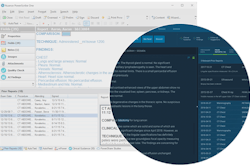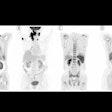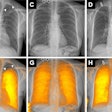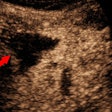Dear AuntMinnie Member,
We'd like to extend a note of gratitude to everyone who attended our 2020 Virtual Conference on Thursday and Friday. Over 5,000 radiology professionals registered for the event, which brought together imaging specialists from around the world into a unique virtual environment.
Our two-day program featured a wide range of presentations, from a review of the state of artificial intelligence (AI) by Dr. Paul Chang of the University of Chicago to an overview of new breast imaging technologies by Dr. Emily Conant of the University of Pennsylvania. In between, we heard talks about AI for COVID-19, ultrasound for tracking COVID-19 infection, and how radiology departments from Hong Kong to the state of Washington have responded to the novel coronavirus.
If you weren't able to attend all of the presentations at the 2020 Virtual Conference, don't worry -- they will be available in the virtual environment for the next 30 days. Just go to auntminnie.vfairs.com.
Pandemic paralysis grips imaging
Pandemic paralysis has gripped radiology departments and imaging centers, with procedure volume down sharply across the board.
That's according to a new study by our sister company IMV Medical Information Division. IMV surveyed over 600 imaging facilities in the U.S. and Europe to evaluate the impact that the COVID-19 crisis has been having on radiology.
In all, 92% of respondents to the IMV survey reported that COVID-19 had some impact on their operations. The drop in procedure volume varies greatly by modality, with mobile x-ray volume down only 7%, while x-ray mammography volume is down 70%.
Nuclear medicine and COVID-19 safety
While nuclear medicine isn't considered a primary diagnostic modality for COVID-19, the outbreak is having a major impact on facilities that perform PET and SPECT.
First up, on Thursday the Society of Nuclear Medicine and Molecular Imaging announced its plan to hold a virtual meeting in place of its annual show, which had been scheduled for June in New Orleans. The dates of the new meeting are July 11-14.
Also, the International Atomic Energy Agency has issued guidelines designed to keep patients and providers safe in the COVID-19 era. And on a separate note, researchers are recommending that patients who have received injected radiopharmaceutical therapy be given special cards when traveling, as some have set off radiation detectors at airports. Get more details in our Molecular Imaging Community.
Enjoy your weekend, and stay safe!




